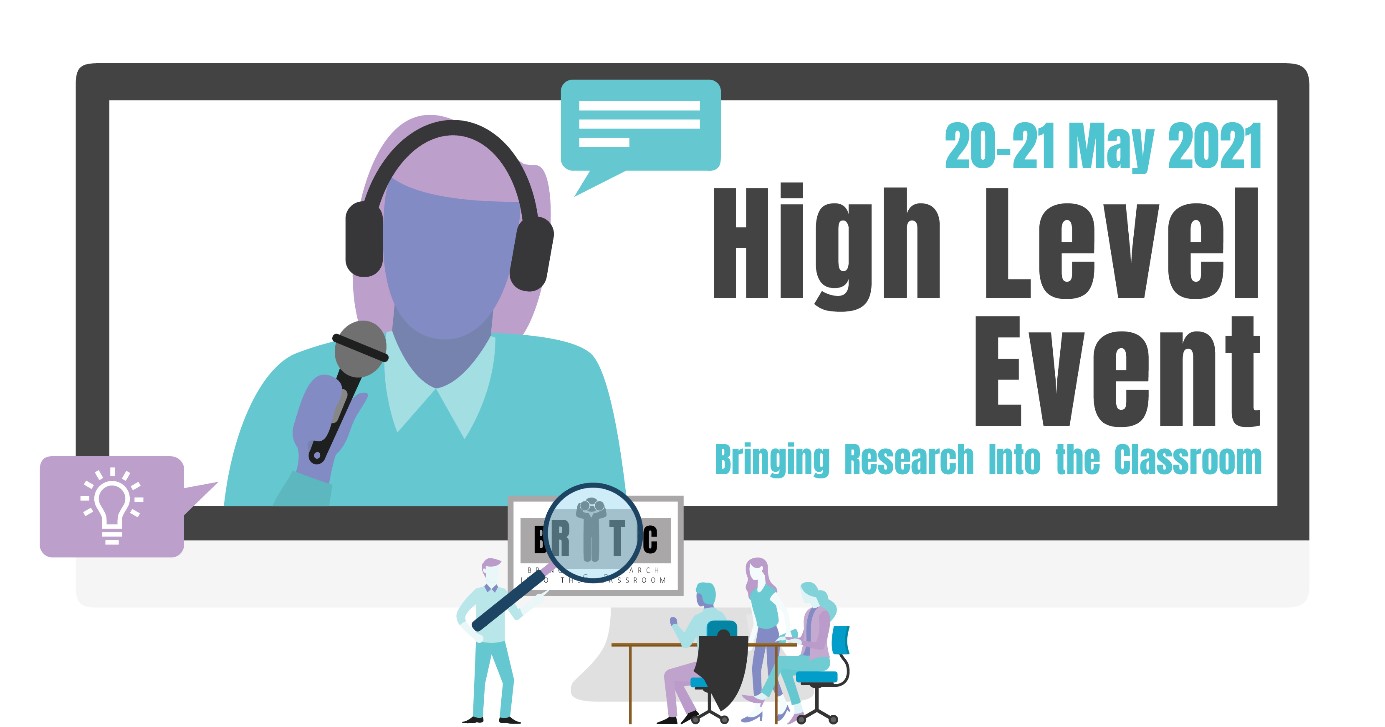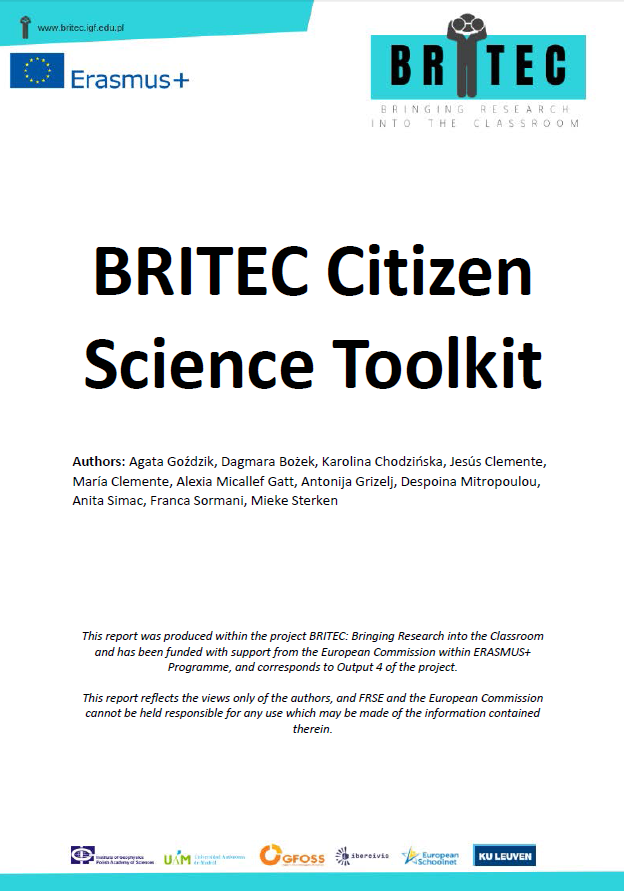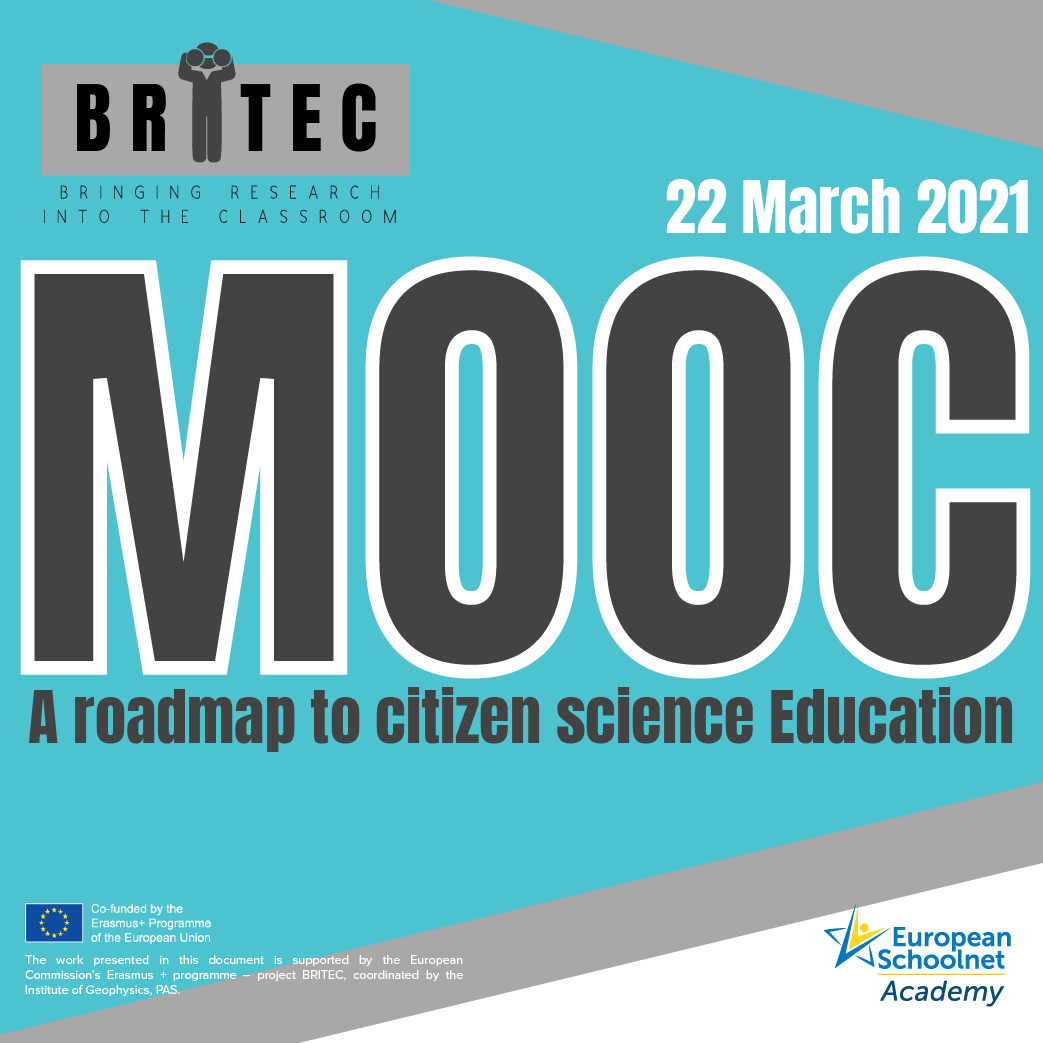What can schools do today to improve comfort and indoor air quality in school classrooms?
In Europe, the building sector accounts for about 40 % of total final energy use (Economidou, 2011). It thereby represents the largest energy use sector. Our building stock thus harbours enormous potential to save energy, and reduce carbon dioxide emissions, in a cost-effective way. Also school buildings can play an important role, as today they are often not up to standards.
Clearly, there is a need to make school buildings more energy efficient. But at the same time, indoor comfort and air quality are equally important. As a matter of fact, the promise of energy use and cost reduction alone will not carry needed energy transition. There is a need for ambitious renovations that reduce energy use and at the same time improve indoor comfort and air quality. Studies show that thermal comfort and air quality significantly impact student’s ability to concentrate and perform cognitive tasks.
Based on numerous studies, there is a reason to believe that indoor comfort and air quality are often unsatisfactory. This project aims to support sensible solutions for this issue, mainly:
- to map the current conditions with regard to comfort and air quality in our schools,
- to raise awareness amongst all stakeholders,
- to reveal cost-effective straightforward measures that schools can take today,
- to aid policy makers in defining sensible comfort and air quality criteria and in putting forward sensible roadmaps to improve school building performance.
There are two sides to comfort and air quality conditions in school classrooms: the actual conditions that we can measure, and how students and teachers perceive them.
The aim of this project is to raise awareness and shed light on the underlying physical phenomena. With small experiments and some analytical work, students are given insight into their impact on air quality, as well as the impact of heating and ventilation.
It is planned to measure indoor air conditions using wireless battery-powered devices that can measure up to 10 parameters at once. These parameters include air temperature, relative humidity, VOC’s, CO2, sound, light. The wireless sensing devices send data to secure online servers by means of the mobile data network.
It is also planned to to perform short surveys, querying students and teachers about how they perceive indoor climate.





